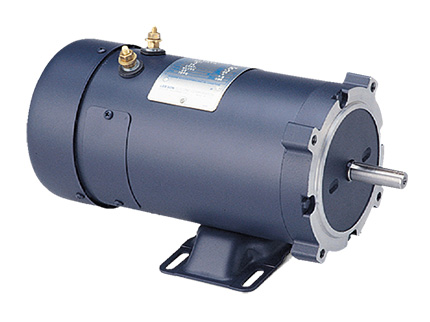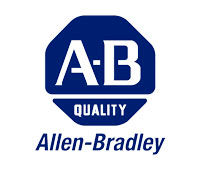
AC vs DC Motors
Out of the many types of motors in the world, one of the most basic differences is whether they run on Alternating Current (AC) or Direct Current (DC). This can significantly impact how the motor performs in numerous ways and the electrical system that supports it, so it should be one of the first decisions made when considering a purchase.

Quickly Search for an Mechanical Equipment you are looking for:

Request a Quote

Get in Touch

Get started with our simple, proven AES Repair Process
Once we have received your item for repair, we will receive the item in our system.
1Our quoting specialists will evaluate your item and determine the parts and labor necessary to complete the repair.
2Following your approval, we will get to work on your repair. One of our repair technicians will troubleshoot the problem(s) with the item.
3To ensure the highest level of quality throughout the repair process, we comply with ISO 9001:2015 Certified QMS standards, and an ESD program.
4Once the repair is complete, we safely package your item and prepare the item for delivery or shipment.
5Our Partners and Brands We Repair
All product names, trademarks, brands and logos used on this site are the property of their respective owners. The depiction, description or sale of products featuring these names, trademarks, brands and logos is for identification purposes only and is not intended to indicate any affiliation with or authorization by any rights holder.
Here is a quick rundown of the major differences between AC and DC motors.
1. Basic design
The two basic components of an electric motor are the stator and the rotor, which create rotation and torque by applying an electromagnetic field. The rotor rotates while the stator remains stationary.
AC motor designs are more straightforward: the AC current is sent directly to the stator, producing the EM field. For DC motors, the current passes through a device called a commutator, with an attached carbon brush that conducts electricity. However, some brushless designs also exist, which utilize electromagnets that rapidly switch polarity to create the EM field.
2. Speed control
DC motors typically feature easy speed control because the speed will be directly related to the amount of voltage supplied.
Standard AC motors, on the other hand, typically only allow for a single speed. However, there are variable frequency drives (VFD) that modify the AC current on the fly and can adjust the motor speed that way.leeson-dc-motor
AC motors are generally best for slow-to-medium speed applications where the speed remains constant, even if the load varies. DC motors have a greater range of speed but are more sensitive to load weight/volume changes.
3. Costs
This one is straightforward: because AC motors are typically much simpler in design than DC motors, they usually cost less as well. AC motors are also more commonly used in various applications, so this ubiquity pushes their costs down further.
On top of that, DC motors typically cost more to maintain, especially brushed motors. As such, DC motors are primarily found in specialty applications, while AC motors are the more widespread choice.
That said…
4. Efficiency
The other advantage of DC motors is that they tend to be more efficient than AC, particularly brushless designs. This is partly due to their construction and a tendency of AC motors to “slip” – a difference between the rotor’s speed and the speed of the magnetic field – which generates extra heat and adds to the energy waste.
In rare cases, the greater energy efficiency may offset the higher cost of a DC motor.
Need help? AES is here to take care of you. Contact us at (866) 386-1001 or request a quote today.






































